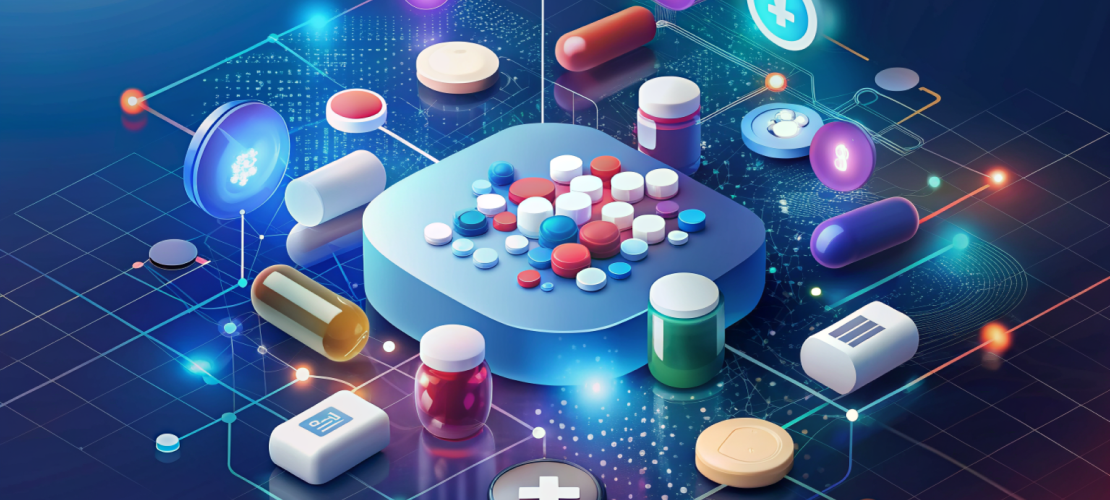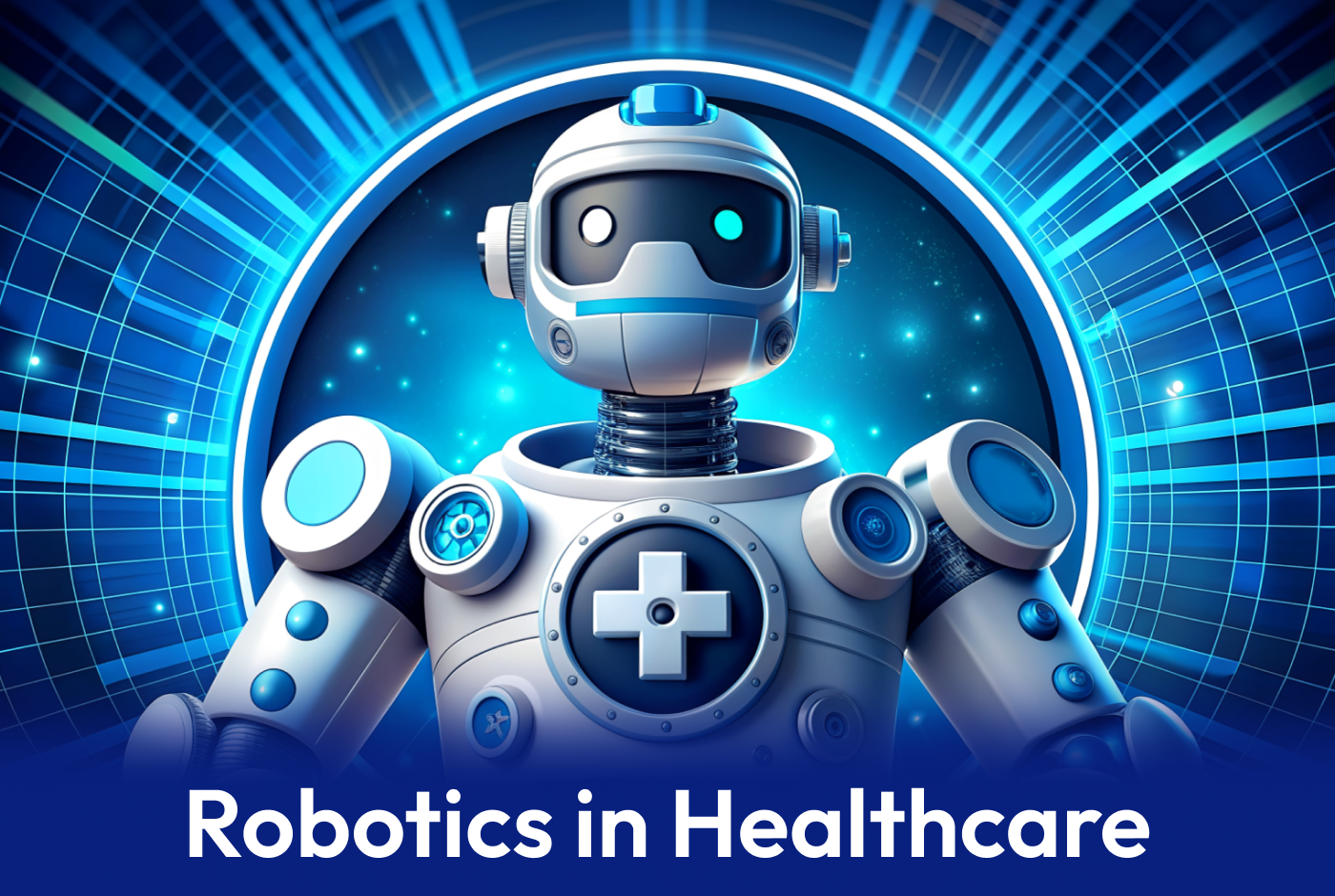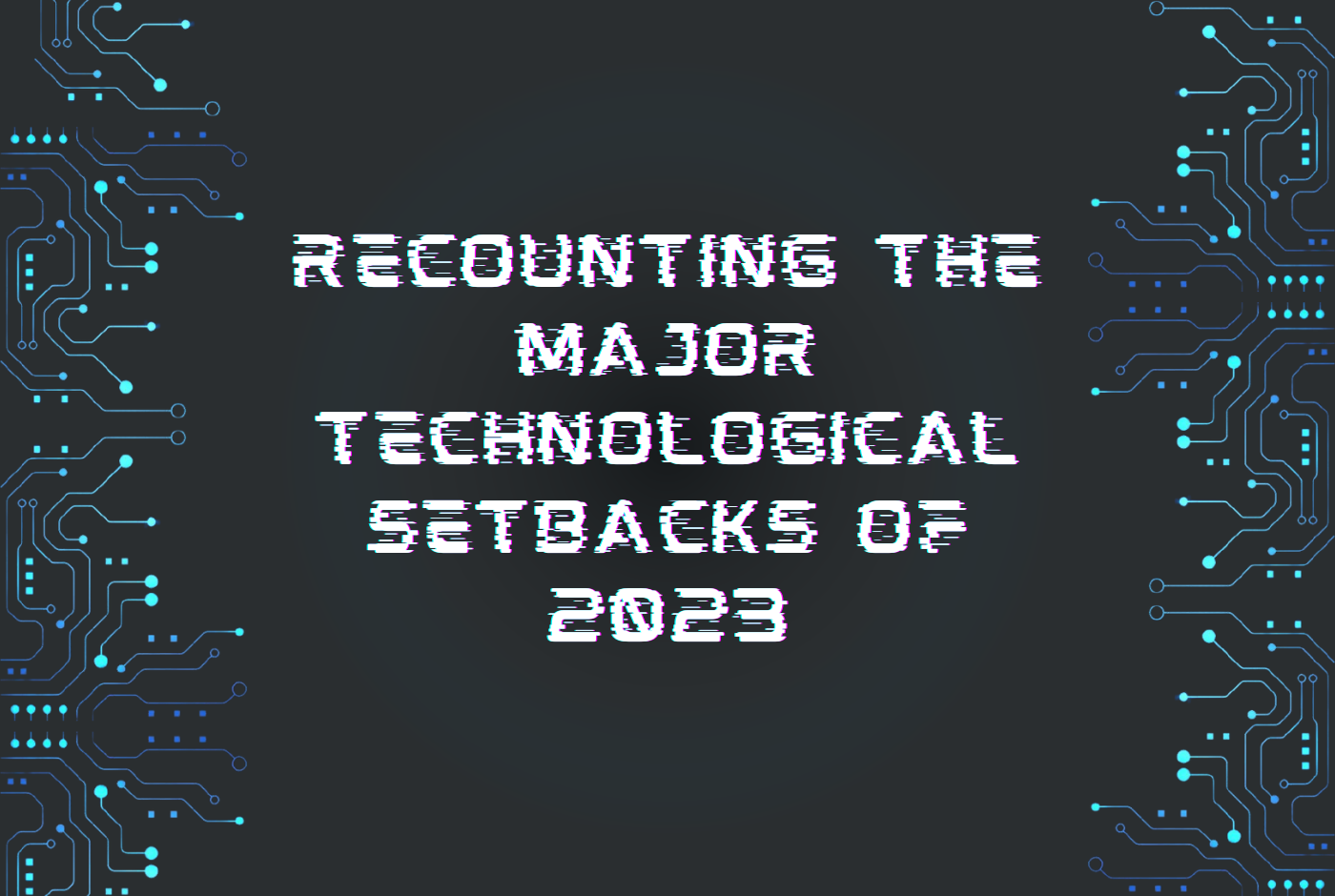At the heart of this revolution are smart pills and digital health technologies, heralding a new
chapter in pharmacy that's as exciting as it is promising. Picture this: tiny ingestible devices
not much larger than a grain of rice, capable of transmitting crucial health data right from
your insides to your smartphone or doctor's computer. These aren't scenes from a sci-fi movie
but realities of today's medical innovations.
Smart pills, equipped with miniature sensors, are redefining medication adherence and
monitoring, making it possible to track the journey of a pill from ingestion to its effect on
the body. Alongside, the broader spectrum of digital health technologies spanning from wearables
that monitor heart rates to apps that track mental wellness complements these advancements,
offering a holistic view of health like never before. As we stand on the brink of this
technological frontier, it's clear that the integration of smart pills and digital health is not
just transforming pharmacy; it's reshaping the very way we approach our health and well-being.
The Rise of Smart Pills
The advent of smart pills marks a groundbreaking evolution in the field of medicine, offering a
futuristic approach to health monitoring and treatment adherence. These ingenious devices,
encapsulated within standard pill casings, are embedded with tiny sensors that, upon ingestion,
transmit vital data from within the body directly to digital platforms. This leap forward was
pioneered by innovations such as the Proteus Digital Health system, which became the first
FDA-approved ingestible sensor in 2012, setting the stage for a new era in personalized
healthcare.
Smart pills are revolutionizing patient care by providing unprecedented insights into the
digestive system, medication adherence and even the intricate mechanisms of various diseases.
Their capabilities range from confirming pill ingestion to measuring physiological responses,
thereby enabling real-time monitoring of treatment effectiveness and patient compliance. This
technology not only fosters a deeper understanding of individual health patterns but also paves
the way for more tailored and responsive treatment plans.
Moreover, the integration of smart pills into healthcare regimens addresses critical challenges
in patient management, particularly for those with chronic conditions requiring strict
medication schedules. By offering a reliable and non-invasive means to monitor and ensure
adherence, smart pills exemplify the remarkable potential of merging medical science with
digital innovation, promising a future where healthcare is more precise, personalized and
empowered.
Mechanisms and Technologies Behind Smart Pills
In the ever-evolving landscape of healthcare, smart pills are shining brightly at the forefront,
merging the worlds of biomedical wizardry, tiny tech wonders, and the art of pharmacology.
Imagine swallowing a pill, not just any pill, but one that's smart enough to chat about your
inner health secrets directly to your doctor or smartphone. That's the magic we're talking about
here, a tiny ingestible device making big waves in how we monitor health, ensure we're taking
our meds, and even how we diagnose and treat conditions from the inside out.
At the heart of these smart pills are microsensors that wake up the moment they hit your
stomach. They're like little spies, gathering intel on everything from how acidic your stomach
is, to the temperature deep in your guts, and even spotting specific markers that doctors need
to know about. And for those needing medication released at just the right spot, these pills
have it covered, reacting to the unique environment inside you to deliver the goods right where
they're needed.
Now, how does all this precious data get from a pill wandering through your body to somewhere
useful? Enter the world of microelectronics within these pills, sending low-energy signals
packed with your body's secrets through radio frequencies. Some even use your body as a
conductor to get the message out, ensuring the data safely lands on external devices like
patches, your phone, or dedicated health monitors.
Powering these miniature marvels is no small feat. From tiny batteries to bio-friendly fuel
cells that draw energy from your body's own chemistry, the ingenuity behind these power sources
is as crucial as the materials chosen for safety and compatibility with your body.
Among the standout stars of smart pill technology is the PillCam™, offering a less invasive peek
at your colon's health, side-stepping the discomfort of traditional methods. And as we look to
the future, the promise of smart pills that know exactly when and where to release medication
based on your body's signals is on the horizon, paving the way for treatments that are as
effective as they are efficient.
While the journey of smart pills from concept to a mainstay in healthcare is filled with
challenges from ensuring the data's accuracy and protecting patient privacy to navigating the
maze of regulations, the potential they hold is immense. As we continue to innovate and refine
this technology, we're not just looking at a future where healthcare is personalized but where
it's also proactive, tapping into the rich data our bodies offer to keep us healthy and treated
with precision.
In essence, smart pills are not just transforming the pharmacy; they're redefining our
relationship with medicine, making every treatment, diagnosis, and health decision more
informed, more precise, and incredibly personal. Here's to a future where your meds know you
inside out, literally!





